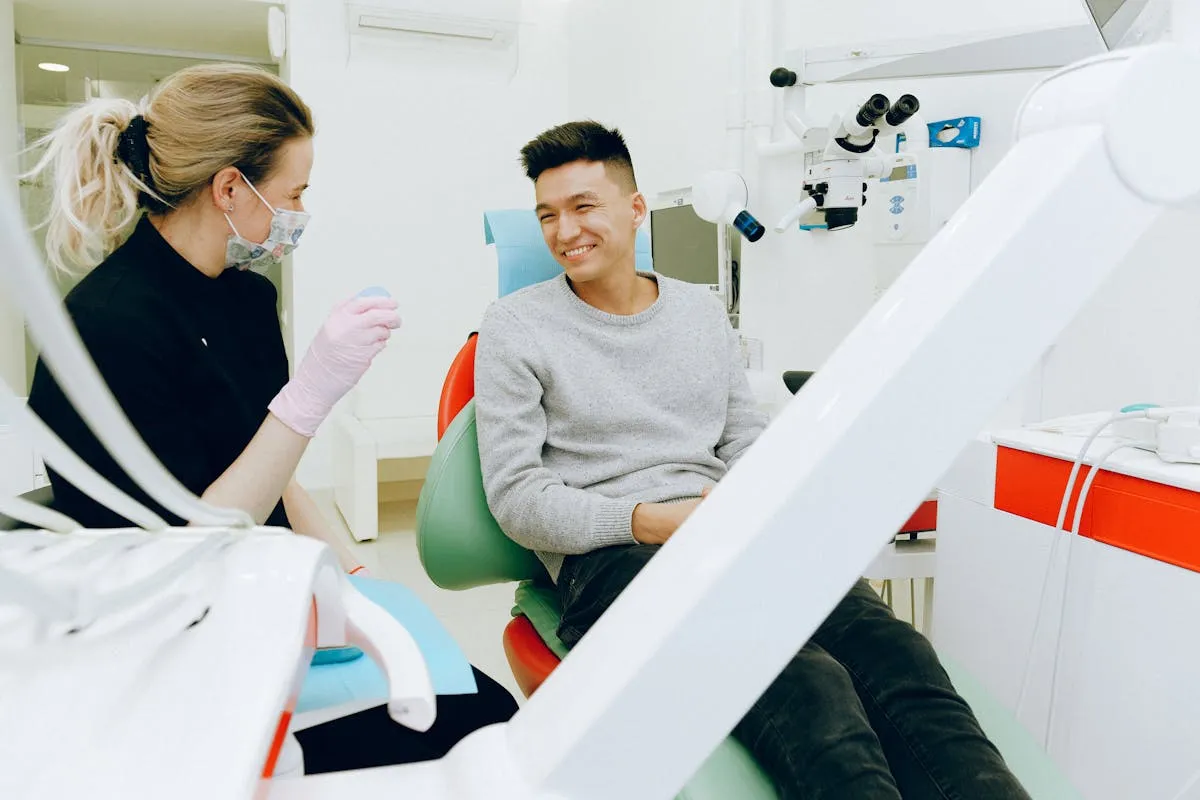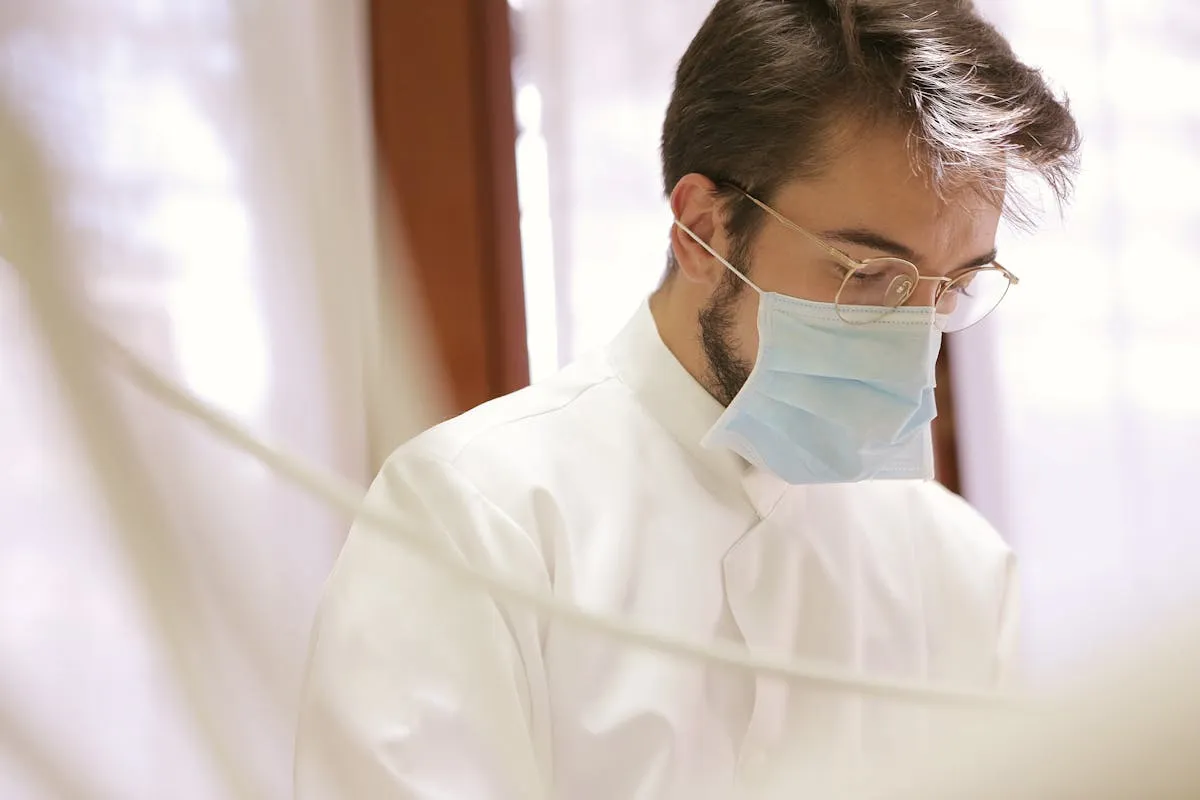The Importance of Regular Dental Hygiene: Tips from the Experts

The Importance of Regular Dental Hygiene: Expert Tips for Optimal Oral Health
Maintaining good dental hygiene is essential for both your oral health and overall well-being. At Navarro Dental Care, we emphasize preventive care as the foundation of excellent dental health. This comprehensive guide explains why dental hygiene matters and provides practical tips to maintain a healthy smile.
Why Dental Hygiene Matters: The Foundation of Oral Health
Regular dental hygiene practices help prevent:
- Tooth decay and cavities: Brushing and flossing remove plaque that can lead to cavities.
- Gum disease: Daily cleaning prevents the buildup of bacteria that cause gingivitis and periodontitis.
- Bad breath: Good oral hygiene eliminates bacteria that cause halitosis.
- Tooth loss: Preventing decay and gum disease helps maintain your natural teeth longer.
- Systemic health problems: Research shows connections between oral health and conditions like heart disease, diabetes, and respiratory infections.
Essential Dental Hygiene Practices: Your Daily Routine
1. Brushing Properly: The Cornerstone of Dental Care
Brush your teeth at least twice daily using these techniques:
- Use a soft-bristled toothbrush and fluoride toothpaste
- Brush for at least two minutes each time
- Hold your brush at a 45-degree angle to your gums
- Use gentle, circular motions
- Don’t forget to brush your tongue to remove bacteria
2. Flossing Daily: The Often-Neglected Essential
Floss at least once daily to remove plaque and food particles between teeth:
- Use about 18 inches of floss
- Wrap most of it around your middle fingers
- Hold 1-2 inches between your thumbs and forefingers
- Gently guide the floss between teeth using a rubbing motion
- Curve the floss around each tooth in a C-shape and clean under the gumline
3. Using Mouthwash: The Final Touch
An antimicrobial mouthwash can help:
- Reduce bacteria that cause plaque and gum disease
- Reach areas your toothbrush and floss might miss
- Strengthen tooth enamel with fluoride
4. Regular Dental Checkups: Professional Care Matters
Visit your dentist every six months for:
- Professional cleaning to remove tartar buildup
- Early detection of dental issues
- Oral cancer screening
- Personalized advice on your specific oral health needs
Common Dental Hygiene Mistakes to Avoid
- Brushing too hard: This can damage gums and wear down enamel.
- Using an old toothbrush: Replace your toothbrush or electric toothbrush head every 3-4 months.
- Neglecting back teeth: Make sure to clean all surfaces of all teeth.
- Brushing immediately after acidic foods/drinks: Wait 30-60 minutes to avoid damaging enamel weakened by acid.
- Inconsistent routine: Establish a consistent daily oral hygiene habit.
The Role of Diet in Dental Health: What You Eat Matters
What you eat affects your oral health:
- Limit sugary foods and drinks: Sugar feeds harmful bacteria in your mouth.
- Reduce acidic beverages: Acids can erode tooth enamel.
- Eat calcium-rich foods: Dairy products, leafy greens, and almonds strengthen teeth.
- Stay hydrated: Water helps rinse away food particles and bacteria.
- Chew sugar-free gum: This stimulates saliva production, which helps neutralize acid and remineralize enamel.
Special Considerations for Different Life Stages
Children’s Dental Hygiene: Building Healthy Habits Early
- Start cleaning your baby’s gums before teeth emerge
- Begin brushing as soon as the first tooth appears
- Supervise children’s brushing until around age 7-8
- Consider dental sealants for cavity-prone molars
Dental Hygiene with Braces or Other Appliances
- Use special brushes designed for orthodontic appliances
- Consider water flossers or floss threaders to clean between brackets
- Be extra diligent as food can easily get trapped
Dental Hygiene for Seniors: Special Considerations
- Pay attention to dry mouth, which can increase decay risk
- Clean dentures daily
- Watch for increased sensitivity or gum recession
When to Seek Professional Help: Warning Signs
Contact your dentist if you experience:
- Persistent bad breath
- Red, swollen, or bleeding gums
- Loose teeth
- Extreme sensitivity to hot or cold
- Pain or discomfort
Conclusion: Your Path to Lifelong Dental Health
Investing time in proper dental hygiene now can save you from discomfort, extensive treatments, and expenses later. At Navarro Dental Care, we’re committed to helping you maintain optimal oral health through preventive care and education. Schedule your next dental checkup with us to ensure your smile stays healthy and bright!
Remember, good dental hygiene is a lifelong commitment that pays dividends in both oral health and overall wellness. For more information about our dental services or to schedule an appointment, visit our services page or contact us today.


